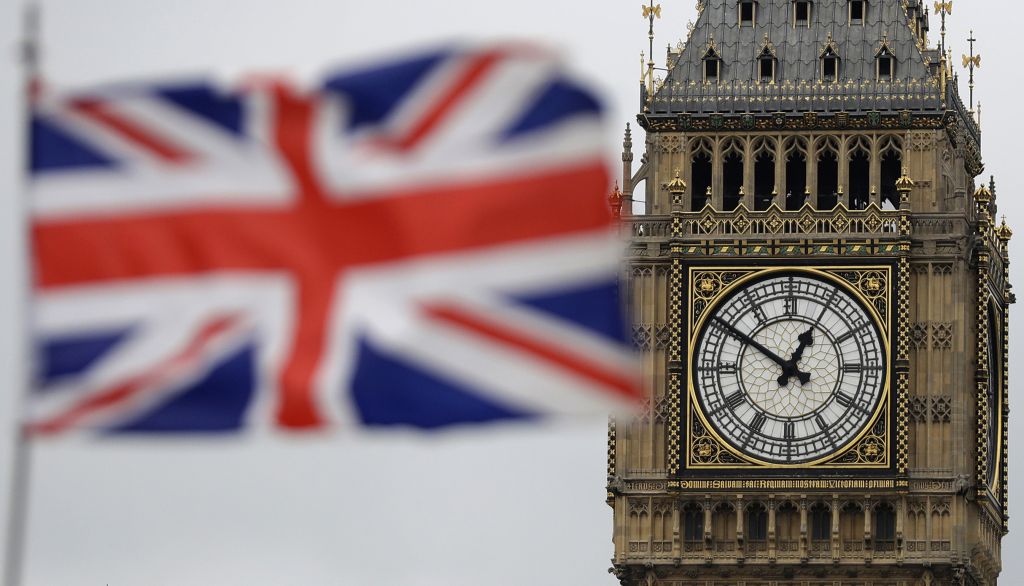UK to Roll Out Comprehensive Crypto Regulations by 2026
26.11.2024 14:30 2 min. read Kosta Gushterov
The U.K. is setting its sights on a robust cryptocurrency regulatory framework, with plans to introduce comprehensive rules by 2026.
This move comes as the country grapples with a rapidly expanding crypto market and an increasing number of people adopting digital currencies.
The Financial Conduct Authority (FCA) has revealed its intention to roll out a series of discussion papers by the end of 2024, tackling crucial topics such as market abuse, disclosures, and stablecoins. In the following year, the FCA will turn its attention to matters like crypto trading platforms, staking, and lending. By 2026, the agency aims to establish a complete regulatory system for the crypto sector, bringing much-needed clarity to the market.
Recent reports from the FCA highlight the growing presence of cryptocurrencies in the U.K., with nearly 10% of the population—around 7 million adults—now owning crypto assets. The surge in interest comes amid global shifts, including a favorable climate in certain regions for crypto growth. The U.K. is eager to ensure that its homegrown startups don’t flock to other nations, particularly the U.S., where crypto regulations have drawn more relaxed policies.
Economic Secretary Tulip Siddiq has also backed the effort, pledging that the government will introduce draft regulations by early 2025, covering areas such as cryptocurrencies, stablecoins, and staking. This commitment marks the new Labour government’s first official step toward managing the increasingly influential crypto sector. The FCA has emphasized its approach will be collaborative, inviting input from industry players, international regulators, and consumers alike.
The U.K.’s crypto regulations are set to follow closely in the footsteps of the European Union’s Markets in Crypto Assets (MiCA) framework, expected to launch by the end of this year. This alignment signals a growing global consensus on the need for structured oversight in the fast-evolving world of digital assets.
-
1
Ripple Drops Cross-Appeal, Moves to End SEC Case “Once and for All”
28.06.2025 12:30 2 min. read -
2
Europe’s Largest Euro-Denominated Spot Crypto Exchange Secures License Under MiCA
29.06.2025 12:00 2 min. read -
3
SEC Approves Grayscale ETF Tracking Top Five Cryptocurrencies
02.07.2025 9:06 1 min. read -
4
Kazakhstan to Establish State Crypto-Reserve Under Central Bank Oversight
30.06.2025 17:00 2 min. read -
5
SEC Explores New Fast-Track Process for Token-Based ETFs
02.07.2025 14:00 2 min. read
U.S. Regulators Define Crypto Custody Rules for Banks
U.S. banking regulators have issued fresh clarity on how financial institutions should handle cryptocurrency custody.
Crypto Week Begins: U.S. Congress Advances Key Bills as Trump Pushes for Regulatory Clarity
The United States has entered a pivotal week for the crypto industry as lawmakers and digital asset advocates prepare for what’s being dubbed “Crypto Week.”
Senate Confirms Crypto-Linked Nominee Jonathan Gould to Head OCC
The U.S. Senate has confirmed Jonathan Gould as the next head of the Office of the Comptroller of the Currency (OCC), moving his nomination to President Donald Trump for final approval.
Australia Tests CBDCs in 24 Separate Real-World Finance Use Cases
Australia is stepping up its digital currency efforts with the next phase of Project Acacia, a pilot focused on testing central bank digital currency (CBDC) and tokenized finance in real-world applications.
-
1
Ripple Drops Cross-Appeal, Moves to End SEC Case “Once and for All”
28.06.2025 12:30 2 min. read -
2
Europe’s Largest Euro-Denominated Spot Crypto Exchange Secures License Under MiCA
29.06.2025 12:00 2 min. read -
3
SEC Approves Grayscale ETF Tracking Top Five Cryptocurrencies
02.07.2025 9:06 1 min. read -
4
Kazakhstan to Establish State Crypto-Reserve Under Central Bank Oversight
30.06.2025 17:00 2 min. read -
5
SEC Explores New Fast-Track Process for Token-Based ETFs
02.07.2025 14:00 2 min. read


